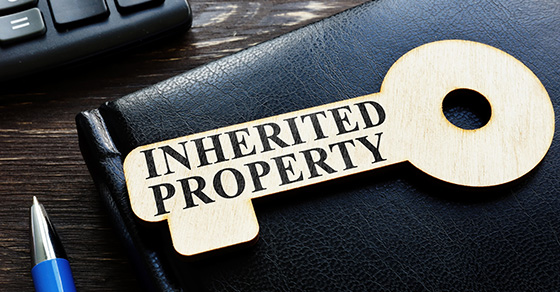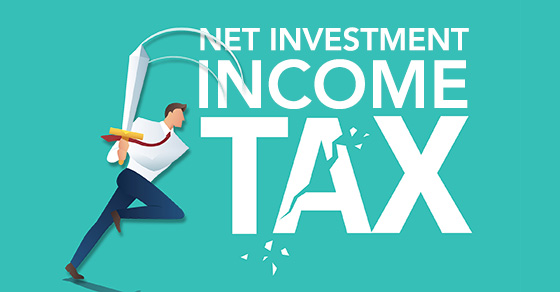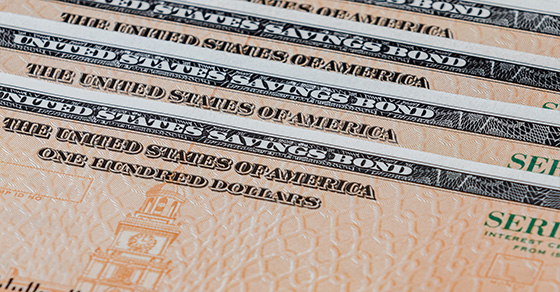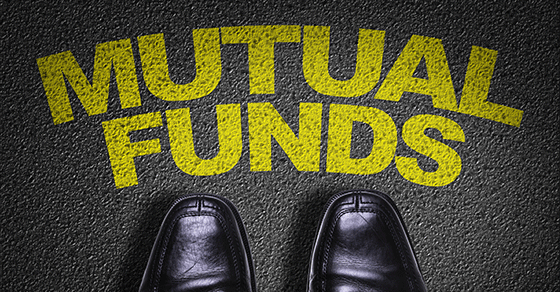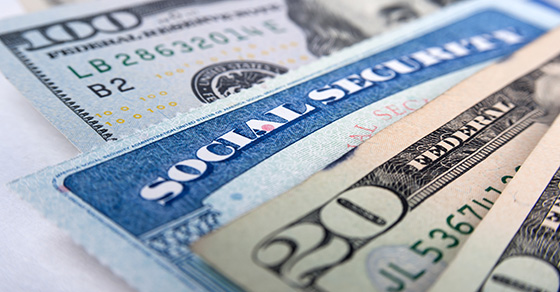
Many homeowners across the country have seen their home values increase recently. According to the National Association of Realtors, the median price of homes sold in July of 2021 rose 17.8% over July of 2020. The median home price was $411,200 in the Northeast, $275,300 in the Midwest, $305,200 in the South and $508,300 in the West.
Be aware of the tax implications if you’re selling your home or you sold one in 2021. You may owe capital gains tax and net investment income tax (NIIT).

